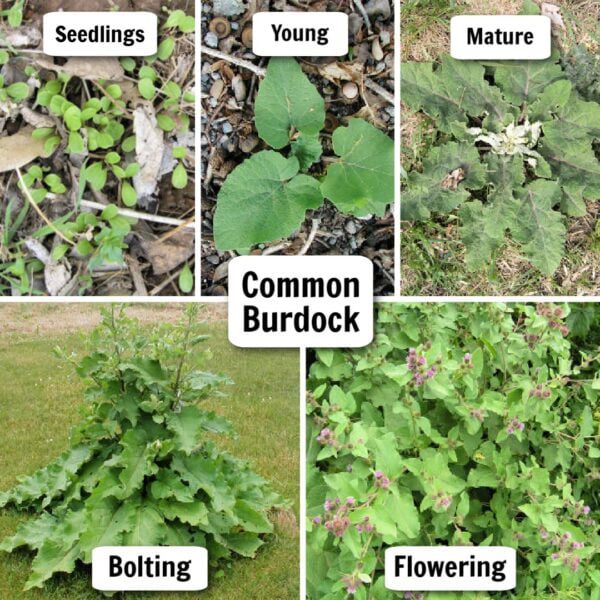National Weed Appreciation Day
What is there to appreciate about weeds?
For many Americans, having a lush, weed-free lawn is ideal. For me personally, if I like the way the weed looks , it gets to stay. Call me lazy or call me an ecologist (I’m not), I really don’t mind having some weeds in my yard. For instance, dandelions are cheerful and hardy, like some of my best friends. We don’t seem to mind weeds if they’ve planted themselves in the right place. But when they show up in our hard-earned, manicured lawn and garden, our first instinct is to remove them, but what are some benefits of weeds?
 The Benefits of Weeds
The Benefits of Weeds
- Weeds help the soil. “Weeds” add biomass to the soil. As they die, they provide nutrients for other plants and feed microorganisms already present in the soil. Additionally, they promote moisture retention which helps keep the soil alive.
- Weeds indicate nutrient deficiencies in your soil. Take a look at your lawn – your weeds may be trying to tell you something. The prevalence of a certain weed may indicate a deficiency in your soil. While a few dandelions can be pretty, if you find they are taking over your yard you may have a calcium deficiency–the same is true for crabgrass. Most moss grows in soggy, acidic soil, so you may need to alkalize your soil before the moss will stop encroaching. A quick way to add calcium and alkalize the soil is with Liquid Lime. If you have a lot of certain weeds on your property, have your soil tested to find out the real culprit, then use the results to plan for soil amendment.
- Medicinal and culinary benefits. Some common weeds such as plantains, dandelions, burdock, and daisies have anti-inflammatory properties and can aid in digestion, and historically were even used by herbalists in tonics for removing toxins from the blood; plantain leaves can be made into a poultice and used on insect bites, scrapes, and cuts. Lambsquarters (also called White Goosefoot or Pigweed) can be used in place of spinach in almost any dish; wood sorrel has a lemony flavor that can be used in salads, teas, lemonade, and smoothies!
- Beneficial to pollinators: Pollinators like butterflies and honeybees need flowers, and if native plants aren’t available or plentiful, “weeds” can offer much needed food, especially early in the season when bees are just beginning to wake up. Weeds also provide habitat for beneficial insects.
Weed Removal
If you are removing weeds from your landscape, keep in mind that weeds are extremely adaptive. When digging up a weed, remember that many have deep taproots and if you don’t get the whole thing, it will grow back. When you disturb the soil, other dormant seeds could actually spread and create a larger problem area. Make sure to over-seed if you leave any bare spots behind, and keep an eye on the new seed to make sure it’s getting enough water to sprout.
Make your own all-natural weed killer: For a non-toxic solution to pesky weeds, follow our recipe here.
Or you can always follow my lead: instead of weeding my lawn, I’ll be reading a book in my hammock…MY natural habitat.


